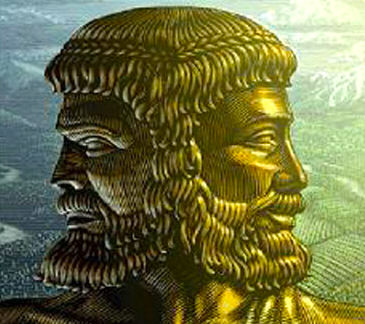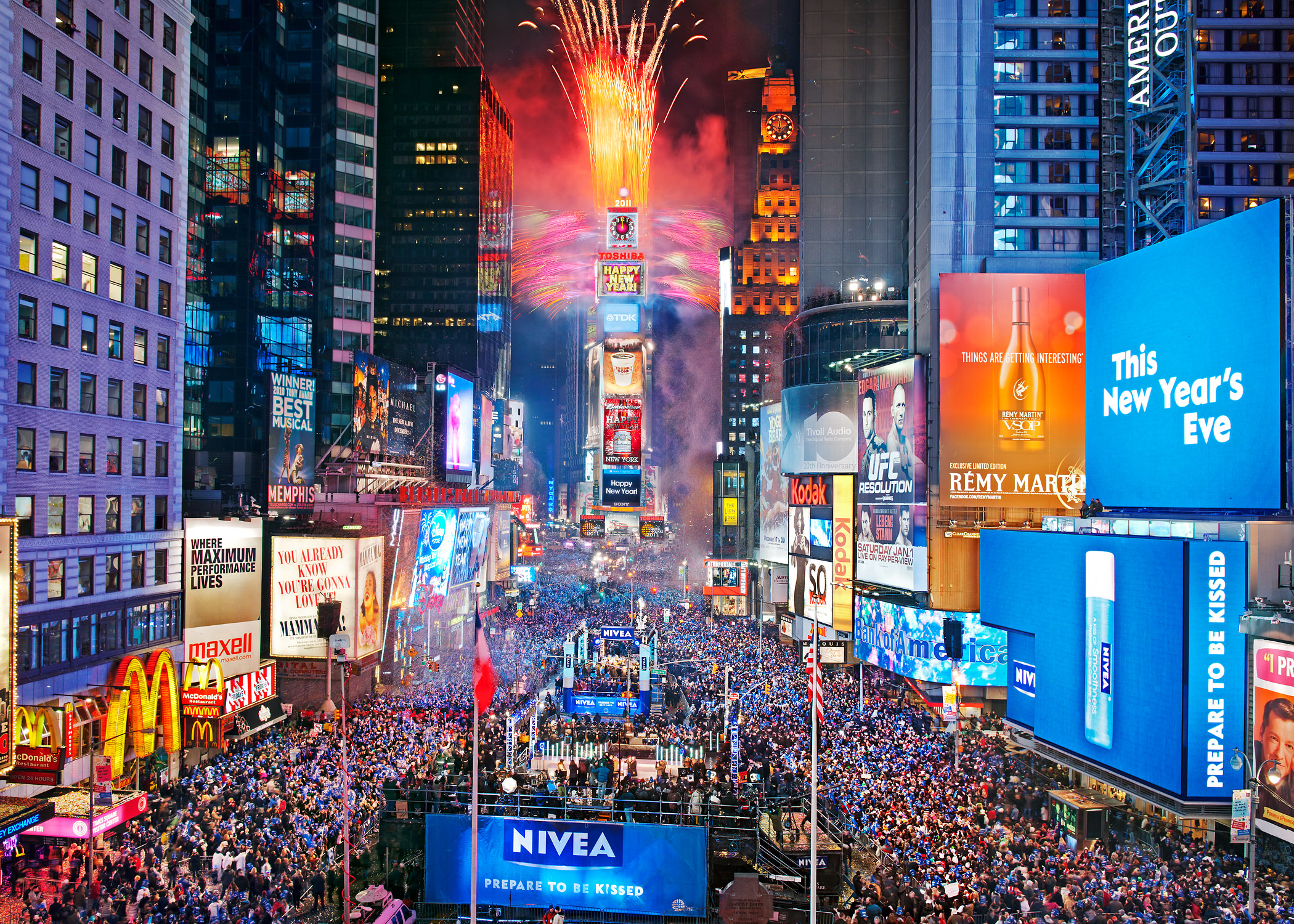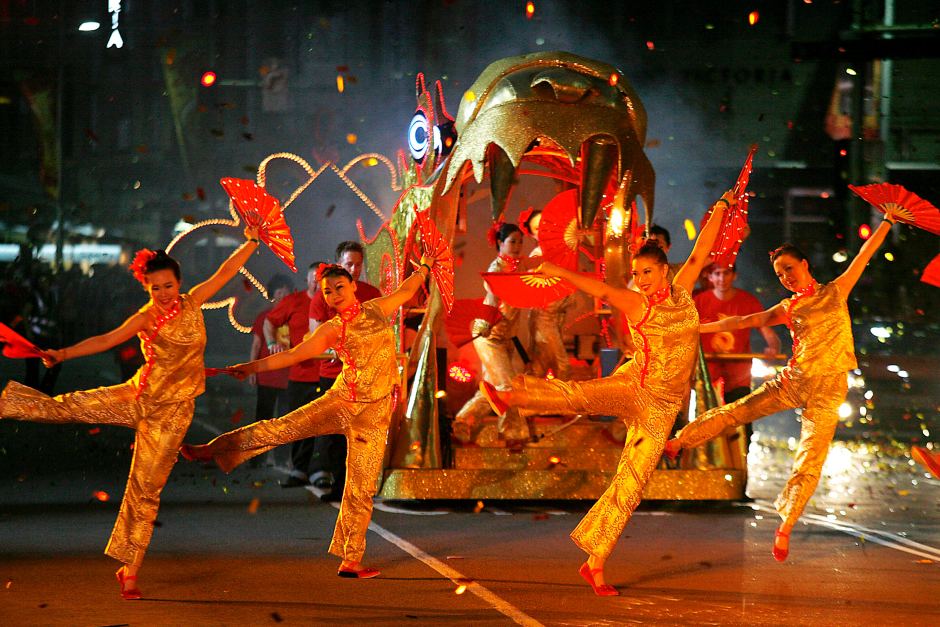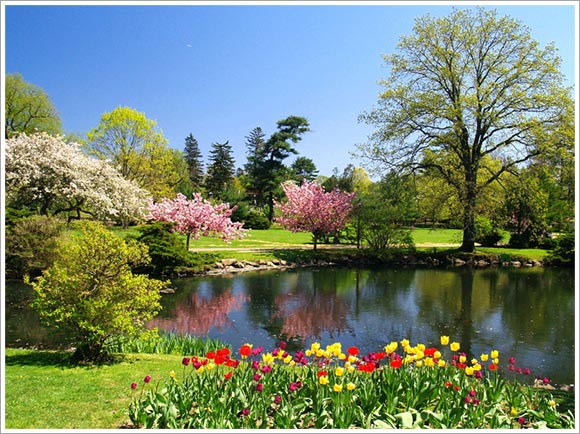Happy New Year!
That’s right, January 1 marks the beginning of yet another year and the start of millions upon millions of new diets. But January 1st is not the only time that New Year’s is marked throughout the world. Other nations and cultures celebrate it on different dates and in varying fashions.
For instance, in Burma, the New Year takes place in the middle of April. In Ethiopia, New Year’s is celebrated on a day when America mourns: September 11. It just so happens that’s the time when the rainy season ends.
This month, the Collaborative Services blog has been exploring the world of holidays. The range in how people celebrate big moments shows just how diverse our nation has grown. And big moments don’t come much bigger than New Year’s Day, the origins of which date back some 4,000 years.
But let’s start at home first. Do you know why we celebrate New Year’s Day on January 1st? Our ritual actually dates back to Roman times, with the advent of the Julian calendar. Before the Julian calendar was created by Julius Caesar in 46 BC, the Romans relied on a 10-month calendar that caused all sorts of confusion because of its inaccuracies.
Apparently, in between conquering the world, Caesar had some spare time, so he decided to fix the thing. The Julian calendar expanded the year to 12 months and introduced leap years.
And Caesar thought that January 1 would be a great time to mark the new year because the month is named after the Roman god Janus, which has two faces, one looking forward and one looking backward. Fitting, no? But the first New Year’s celebration under Caesar was actually quite horrific: He ordered an attack on Jewish revolutionaries in Galilee.
In the United States, like much of the world, we today celebrate New Year’s Day by the Gregorian calendar. That calendar is named after Pope Gregory XIII, who ordered slight changes to the Julian calendar because it was just a wee bit off and days ended up missing since its introduction centuries before. In 1582, to fix it, the Pope advanced the calendar by 10 days and made other more subtle improvements.
For a fascinating look at the history of New Year’s check out this article.
As said, many nations don’t do what we do, which is watch a big ball drop from Times Square, shoot fireworks, wear silly hats and hopefully make sure designated drivers are available.
One of the more well-known New Year’s traditions is the one celebrated by the Chinese. Even though China recognizes the Gregorian calendar and January 1 as the start of the new year officially, it holds on to its very cool – and longstanding – tradition of a the new year coinciding with the lunar cycle and the naming of the new year after a particular animal, such as a rat or a tiger. This story explains the history of the holiday.
In 2013, it will be the year of the snake, so Voldemort must be thrilled. (Oops, he’s dead.) To see which animal represents the year of your birth, click here.
There are some rather unusual traditions when it comes to New Year’s around the globe. In Spain for, instance, you’re supposed to stuff 12 grapes in your mouth when the clock strikes midnight. In some South American nations, you’re supposed to wear special colorful underwear. Here are some other rather off-the-wall traditions.
Some nations remain committed to celebrating New Year’s at the time of year that most symbolizes rebirth, the spring, when the world awakens from a long, cold, dark winter.
For instance, in Iran and Pakistan, the new year is known as “Nowruz” or the “New Day,” and it’s celebrated in March as a time of renewal.
So for many cultures, January 1st is just another day. No hangovers, no resolutions, no big deal. Imagine no Rose Bowl…
No!!!!!!
Before we end this year and move on to the next we would like to thank our contributors for taking the time to share their experiences and insights on holiday traditions from around the world. We would like to acknowledge:
Debbie Petruzzelli, Public Relations Manager for Balboa Park, who plays an essential role in the planning and execution of the annual December Nights festival.
Jenelle Eli, Communications and Development Officer for the U.S. Committee for Refugees and Immigrants, who provided insight into the refugee experience at the holidays and the importance of maintaining cultural holiday traditions.
Regardless of how you celebrate it, from Collaborative Services, we wish you all a Happy New Year! See you in 2013.
Mike Stetz, Senior Writer
Collaborative Services, Inc.






Recent Comments